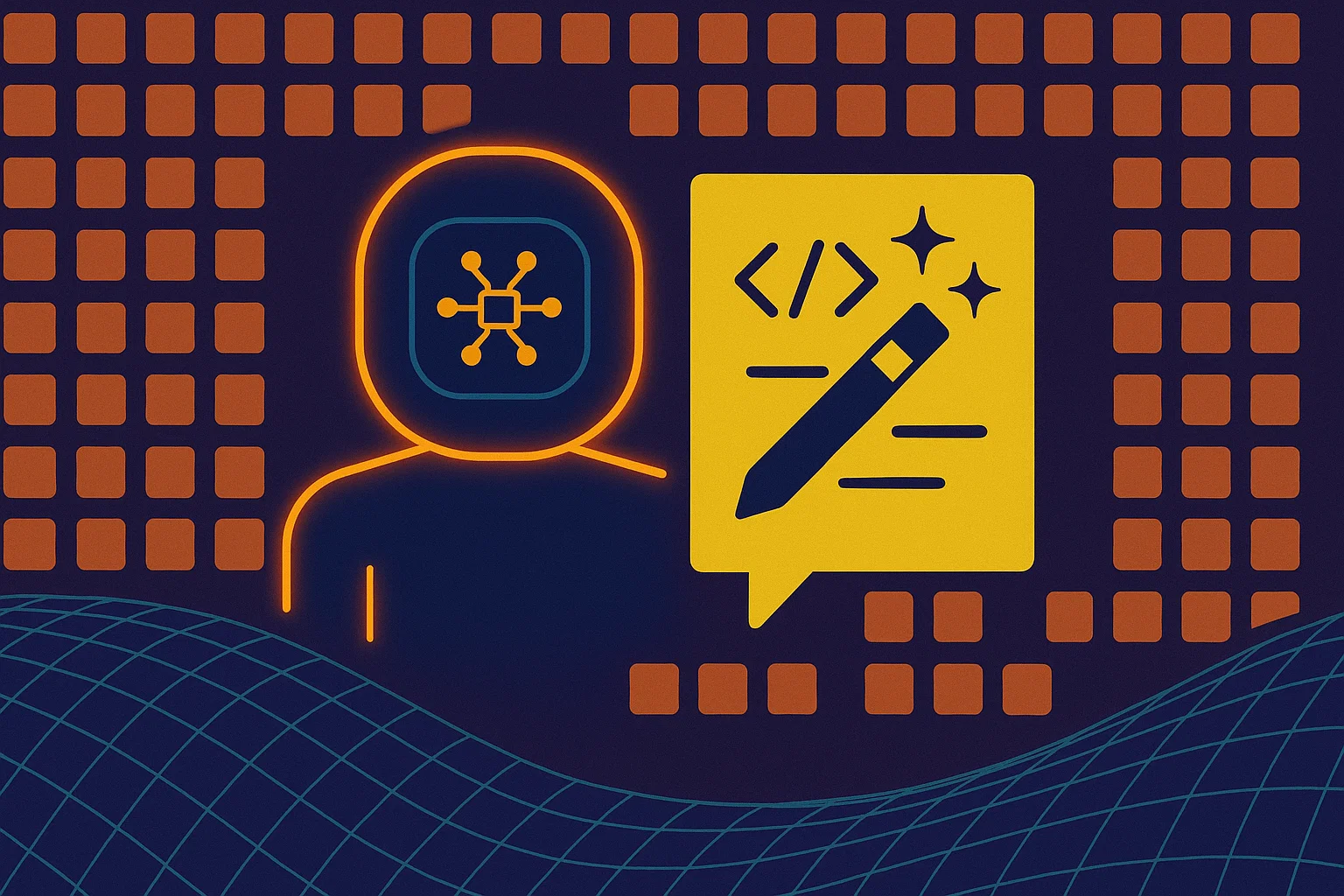Rating Roulette: Self-Inconsistency in LLM-As-A-Judge Frameworks
NeutralArtificial Intelligence
A recent study highlights the challenges of evaluating Natural Language Generation (NLG) using large language models (LLMs). While LLMs are becoming popular for their alignment with human preferences, the research reveals that these models exhibit low consistency in their scoring across different evaluations. This inconsistency raises important questions about the reliability of LLMs as judges in assessing NLG, which is crucial as their use becomes more widespread in various applications.
— Curated by the World Pulse Now AI Editorial System




